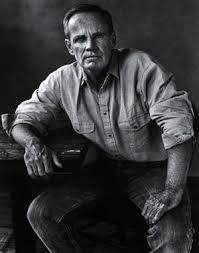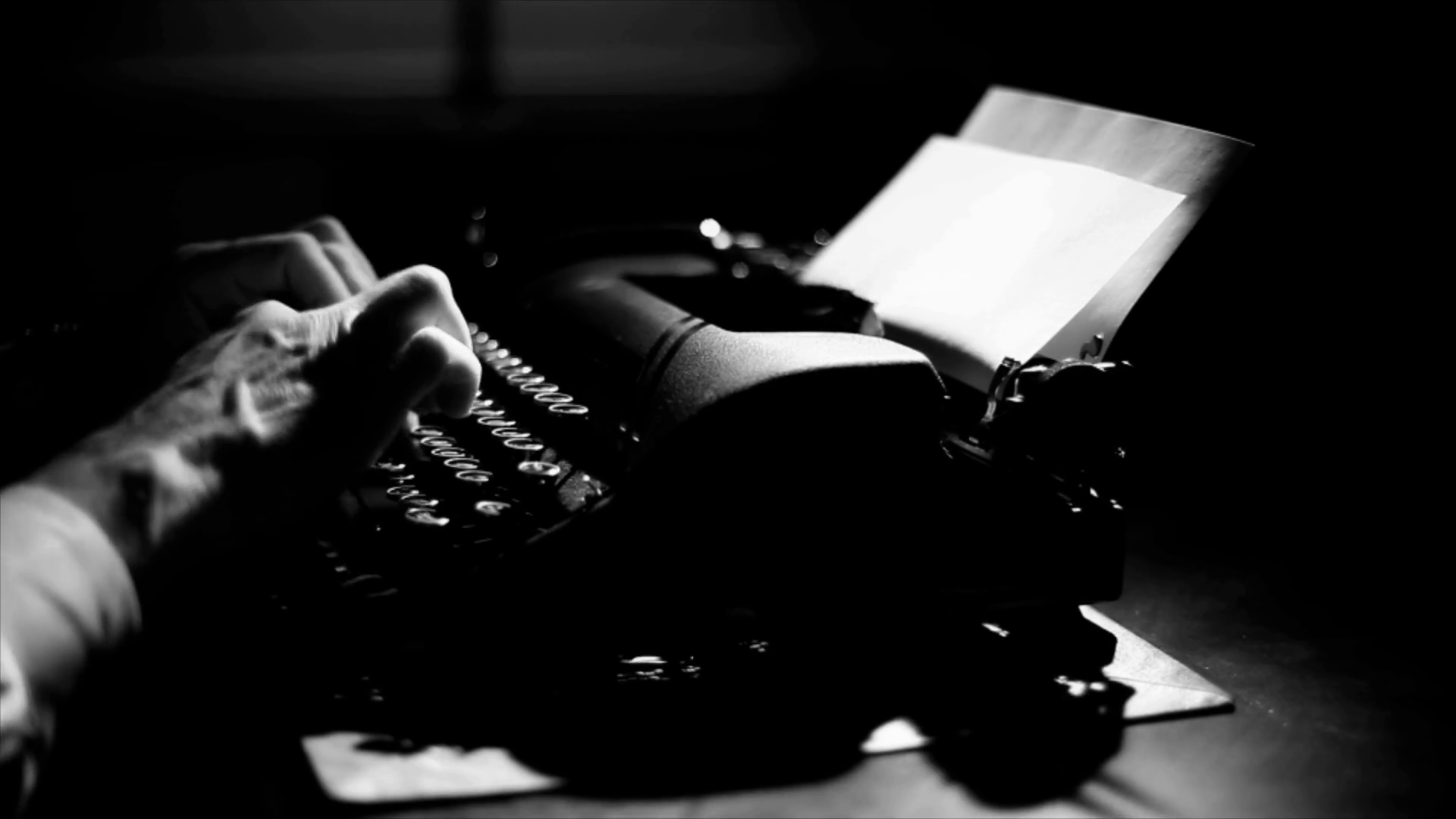About Writing...
“Remember, a writer writes, always.”
— Larry; Throw Momma From the Train
I call bullshit.
Maybe that makes me a terrible writer. I’m certainly unpublished. Hell, unknown for that matter. So, maybe the joke’s on me. Maybe writers do write, always. But, I’m not sure I buy it.
But, then again, what exactly is writing?
Maybe I—maybe we—have it all wrong.
In a fun and informative interview with Chuck Palahniuk, Joe Rogan asks him about his writing process. (And, leave your opinions about either of these guys at the fucking door—I literally don’t care.) As Chuck goes into his process explaining things the way Chuck does, we observe that Joe is a little confused as Chuck tells him about how he relegates the typing parts of writing to places he feels trapped, like airports. So Joe asks him, “so that’s the only time you actually write-write?” Chuck smiles and answers with something that’s stuck with me ever since, “the keyboarding is not writing.” He expands upon this, but I’ll leave that to your discovery.
So if writing isn’t just the part where we sit at the keyboard and spill scene descriptions and character dialog onto our keys, and languish at how our sentences aren’t remotely as terse and powerful as Cormac McCarthy’s, what exactly is writing?

For me writing has always been more like observation. I don’t necessarily feel that I’m building a story or creating characters as much as I feel I’m sharing space with them. I’ve been allowed to bear witness. Images fill my mind’s eye, and conversations play between my ears. I’m not making this happen. I’m simply the documentarian.
But like any good documentarian, this process isn’t completely hands-off. It’s certainly my job then to record the goings-on. To paint with words what I see and hear. I do that by taking notes, physical or digital, capturing voice recordings, all in an attempt to translate into words what my mind’s camera and microphone have collected. Is this what it feels like to write a novelization of a film?
But, it’s also my job to probe a little.
Characters are people. And people aren’t always forthcoming. Sometimes we have to guide conversations or ask questions to get us to the heart of a thing. Sometimes we have to be the friend/psychotherapist and lead our characters through past experience and trauma.
The same goes for our settings. We can’t write about a house we’ve not explored. We have to open all the doors and cabinets. We have to check behind the paintings on the wall and lift the mattresses in search of hidden things. We have to walk the roads of our characters' hometowns, fish their rivers, and shop their stores.
So, maybe I’m wrong to scoff at the notion of the “always writing writer.” Maybe we are always writing. Maybe we’ve just allowed the idea of keyboarding to be our vision of what writing means. When I look at it this way, there’s a whole lot more that goes into writing than hitting a daily word count.
The reality is that maybe I—maybe we—need to be more respectful of our process. And understand that, yes, there’s something to the typing, the page does matter, but writing is so much more than that.
And so, while I may not hit a daily word count or some other metric which has attained buzzworthy status among the writers' social circles, I am writing.
We are writing.
So, yes, maybe writers do write, always. It’s just maybe not what we’ve always thought it looks like.
“A writer is a person for whom writing is more difficult than it is for other people.”
— Thomas Mann
